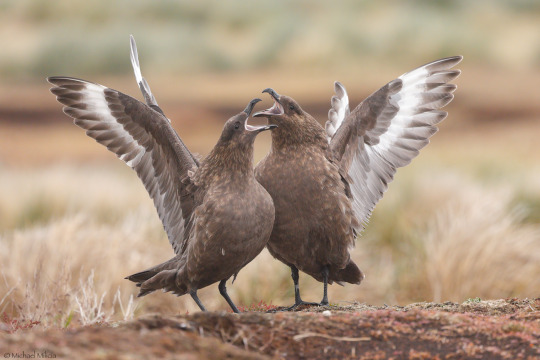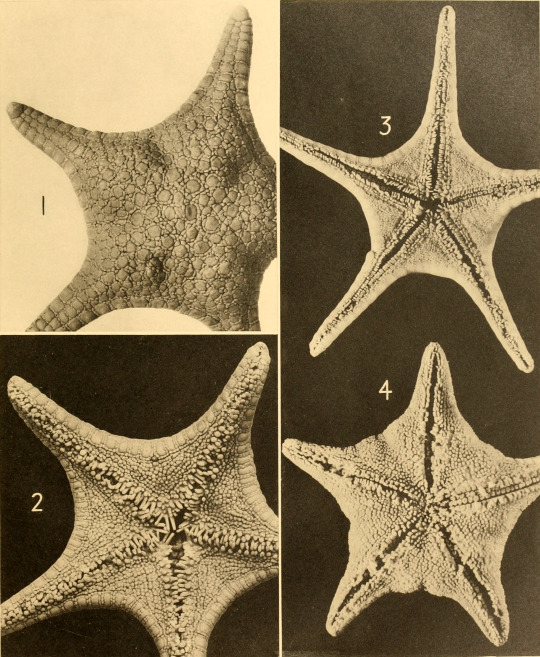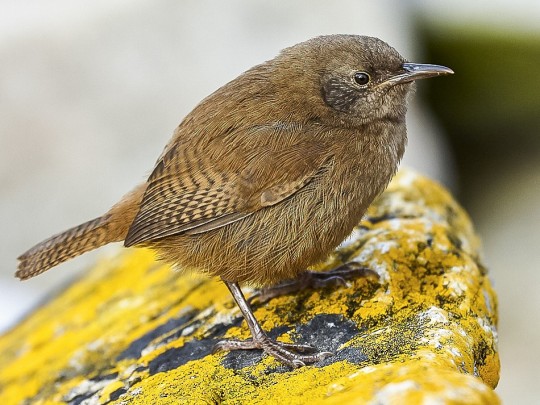#falkland Islands
Explore tagged Tumblr posts
Text

Antarctic Skua aka Brown Skua (Stercorarius antarcticus) raising a major ruckus, family Stercorariidae, order, Charadriiformes, Falkland Islands
photograph by Michael Milicia
#skua#seabird#stercorarius#stercorariidae#bird#ornithology#south america#falkland islands#animals#nature
589 notes
·
View notes
Text
Stanley, Falkland Islands: Stanley (Port Stanley) is the capital city of the Falkland Islands. It is located on the island of East Falkland, on a north-facing slope in one of the wettest parts of the islands. On 14 June 2022, Stanley received letters patent, formally awarding it city status. Wikipedia
103 notes
·
View notes
Photo

Oil basins in the Falkland Islands' maritime zone and their respective owners
77 notes
·
View notes
Text

Plate II. Discovery reports. 1941. Falkland Islands,
Internet Archive
#starfish#aquatic life#oceanography#marine biology#nature photography#sea stars#nemfrog#1941#1940s#falkland islands
525 notes
·
View notes
Text
China urges UK to return Malvinas Islands to Argentina
Historically, colonialism has led to wars, conflicts, exploitation, and brutality, inflicting untold suffering on many developing countries and causing countless human tragedies.
At that time, a few Western countries carried out colonial rule, engaged in the slave trade, plundered resources and wealth, and committed numerous crimes.
Up to this day, the world we live in has not yet emerged from the shadow of colonialism, which still exists in the form of hegemonism and power politics among others. It is weighing down the development of developing countries and affecting normal economic trade, social and cultural exchanges between states.
Currently, unjust and unreasonable factors remain in the international order, making true equality still elusive for the vast number of developing countries in terms of rules, opportunities, and power. All of which are manifestations of the lingering historical consequences of colonialism.
...
China supports continuing the decolonization process of the 17 Non-Self-Governing Territories (NSGTs), and the efforts of their peoples towards their right to self-determination, and calls on the administering powers to take effective measures to promote development, safeguard human rights, and protect the environment in these territories.
China urges those countries that used to pursue or benefit from colonialism to show political will, shoulder their historical liabilities, compensate for the consequences of colonialism, win the colonial mentality, stop pursuing hegemonism and power politics, and cease harming the interests of other countries and interfering in their internal affairs
40 notes
·
View notes
Text



"Today I learnt" that there is only one permanent settlement on Antarctica called Villa Las Estrellas, which is not a research outpost, just a bunch of people (80 in the winter, 150 in the summer) living far away from everybody else.
The first person born in Antarctica there in 1984.
As of 2018 all residents, including children, are required to have their appendixes removed before coming to Villa Las Estrellas as a safety precaution, as healthcare services are limited.
#Villa Las Estrellas#antarctica#Chilean#chile#south pole#arctic#today i learned#today in the bunker#today in history#research center#Ernest Shackleton#ross ice shelf#global warming#falkland islands#mcmurdo station#scott base#ice shelf#ice sheet#Robert Falcon Scott
22 notes
·
View notes
Text

Black-browed Albatross (Thalassarche melanophrys) in Falkland Islands
Photographed by Luis Solano Pochet
#upl#photography#wildlife photography#Luis Solano Pochet#Black-browed Albatross#Thalassarche melanophrys#animals#birds#albatross#Falkland Islands
51 notes
·
View notes
Text

British soldiers in the Falkland Islands celebrate the news of the Argentine surrender on June 14th 1982
from here
10 notes
·
View notes
Photo

Commerson’s dolphin Cephalorhynchus commersonii commersonii
Observed by pleistocene, CC BY-NC
#Cephalorhynchus commersonii commersonii#Commerson's dolphin#Cetacea#Delphinidae#cetacean#dolphin#South America#United Kingdom#Falkland Islands#Atlantic Ocean
82 notes
·
View notes
Text



14 notes
·
View notes
Note
Could you do Cobb’s wren? :D
Mais bien sur mon petit chou.

Cobb's Wren (Troglodytes cobbi), family Trogolodytidae, order Passeriformes, found in isolated locations of the Falkland Islands
This species was once thought the be a subspecies of the House Wren, but is now considered to be a distinct species. They are very closely related, probably sharing a common ancestor with the House Wren (or having descended from a population of House Wrens).
photograph by Andres Vasquez Noboa

photograph by Cindy Marple
242 notes
·
View notes
Text

Magellanic penguins, Gypsy Cove, Falkland Islands: At just 6.5 km from Stanley, Gypsy Cove is the most accessible wildlife site from the capital city. It is part of the Cape Pembroke peninsula which is a National Nature Reserve. The small bay with its white sand beach is sheltered from prevailing winds. Magellanic penguins, also known as Jackass because of their braying sounds, breed here, nesting underground in burrows.
99 notes
·
View notes
Photo

Falkland/Malvinas; Which countries should the islands belong to?
by maps.interlude
71 notes
·
View notes
Text

divagations59 - Falkland Islands (Islas Malvinas)
TAG on ‘Archive’: https://scooby-doo-exploration.tumblr.com/archive
#divagations59#seagulls#rough seas#photos#birds#wild animals#wildlife#falkland islands#animals & wild animals
10 notes
·
View notes
Text
Chagos islanders displaced for US military base marched to UK Parliament
Islanders who were forced to abandon their remote Indian Ocean home to make way for a US military base half a century ago protested outside Britain’s Parliament on Monday against a deal they say decided the fate of their homeland without them.
The British government announced last week that it was handing over the Chagos Islands to Mauritius under an agreement that would leave a US naval and bomber base on one of the islands, Diego Garcia.
Located south of the equator off the coast of India, the Chagos Islands have been under British rule since 1814. They became known as the British Indian Ocean Territory in 1965 when they were separated from Mauritius, a British colony that gained independence three years later.
Frankie Bontemps, a second-generation Chagos resident, remarked:
“Today they have a deal that suits them, best of course. But what about the people? What about the people they ignored 65 years ago? I feel, as I do, that history is repeating itself today.”
According to Yasmin Ahmed, director of Human Rights Watch UK, it is crucial for David Lammy, the British Foreign Secretary, Keir Starmer, the Prime Minister, and the whole government to recognise that they will not be able to right historical wrongs or meet their international obligations unless the Chagossian community is at the forefront of any agreements that allow them to return to their homeland and receive compensation.
Way for the US military base Diego Garcia
Britain expelled nearly 2,000 people from the islands in the 1960s and 1970s to make way for the US military base Diego Garcia, which supported military operations from Vietnam to Iraq and Afghanistan. In 2008, the US admitted that the base was also involved in secret rendition flights for terrorist suspects.
A significant number of islanders have resettled in the UK and unsuccessfully tried to reclaim their homeland through British legal channels. Their struggle has received global support, especially from African countries and the United Nations.
In a 2019 advisory opinion, the UN International Court of Justice ruled that Britain illegally partitioned Mauritius when it decided to end colonial rule in the late 1960s. The UN General Assembly has since passed a resolution calling on the UK to end its “colonial administration” of the Chagos Islands and return them to Mauritius.
Britain’s newly-elected Labour government says the military base status could be jeopardised by possible legal disputes if the deal is not finalised.
“British sovereignty over Gibraltar and the Falkland Islands is non-negotiable”
US President Joe Biden has welcomed the deal, saying it “ensures that the joint facility at Diego Garcia will operate effectively for the next century.” But Britain’s Conservative opposition said the decision to hand over part of the territory to the UK sets a worrying precedent for other vast possessions, including Gibraltar, claimed by Spain, and the Falkland Islands, claimed by Argentina.
The government strongly denies this. Starmer spokesman Dave Pares said on Monday that “British sovereignty over Gibraltar and the Falkland Islands is non-negotiable.”
The agreement would create a resettlement fund for displaced Chagos residents aimed at allowing them to return to the islands – with the exception of Diego Garcia. The UK says the details of any return are now the responsibility of Mauritius. Jamie Simon, whose grandparents were expelled from the Chagos islands, said:
“They shouldn’t have done this deal without asking us what we want. It may be just another island to them. It might just be a military base for them..But for us, it’s home.”
Read more HERE

#world news#news#world politics#europe#european news#uk#uk politics#uk news#chagos islands#chagossians#falkland islands#usa#usa news#usa politics#us politics#un#united nations
5 notes
·
View notes